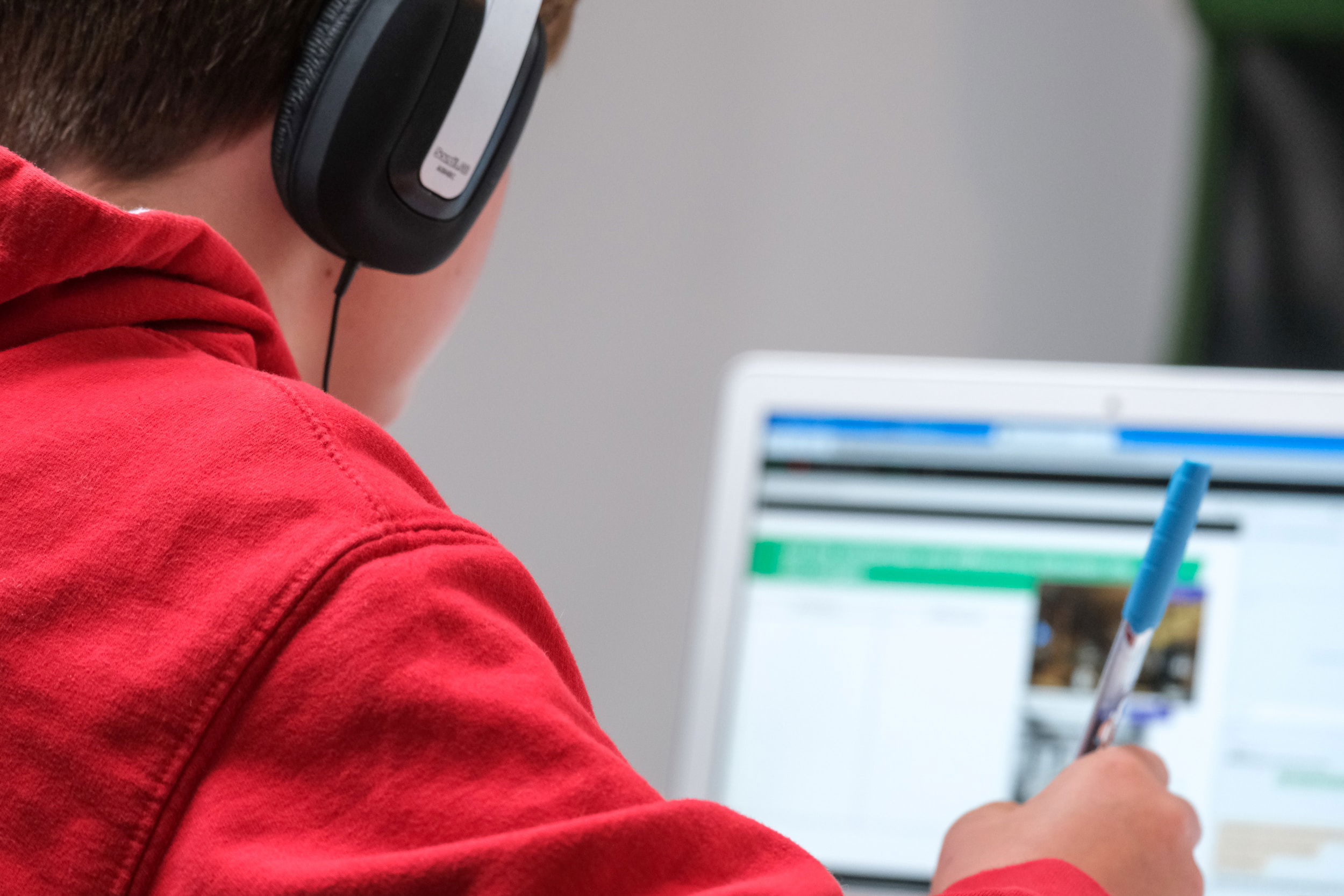Introduction: What is Online Education?
Online education is a way to educate oneself by receiving online instruction. Online learning consists of various methods that provide an educational experience outside the traditional classroom setting. It can include live lectures, webinars or other types of web-based training. Online education has been there for many years and is still growing as a popular method of studying because it provides many benefits like convenience and flexibility to learners. Online teaching offers greater freedom than in-person teaching because students can complete assignments independently. Aspirants can study from anywhere and at any time – all it takes is an internet connection and a laptop. The advantages of online education are limitless; the most important one is that students can learn anytime, anywhere, without having to worry about scheduling conflicts with other classes or lectures.
What are the benefits of online education?
Through Online education, one can learn without any geographical constraints, and it is a cheaper and more convenient alternative to traditional offline education. As the demand for online courses is rising, many universities are starting to offer these programs. Online education has become more popular in the last decade because of its convenience, affordability and effectiveness. It provides students with greater mobility and options when choosing a university, benefiting those with a busy schedule.
Online education is catching up to an estimated $400 billion annual revenue. Online degrees can help advance your career and give you a competitive edge in today’s job market. Some people keen on getting an education but can’t afford to attend a traditional university may choose some form of “online schooling” for their degree. Students like online degrees because they have more convenient schedules than their traditional counterparts and don’t need to relocate to attend class.
What are the Pros and Cons of Using an Online Platform to Learn?

Online learning platforms offer learners the opportunity to get the best education possible. It reduces the stress and anxiety associated with traditional classroom settings and allows people to study at home or anywhere. The pros of an online program are that it is convenient for those who need to work and study simultaneously. It is an effective way for learners to learn independently and at their own pace. You can access all the resources from your desktop or laptop, making it easier for those living in rural areas or countries without local resources. There are many disadvantages of online education. For one, there is no social interaction in online programs – this is a significant disadvantage because people learn more when interacting with others and sharing ideas with them. However, online learning is not for everyone. The person should be self-motivated, self-disciplined, and self-directed to be successful in this environment.
How to Find a Good Online Course or University?
Technology has changed the way we learn and study for our degrees. It has made it possible for students to learn from home. This has helped change the traditional classroom learning experience to one that combines the benefits of face-to-face learning with the convenience of online learning. Distance learning technology is changing higher education as a whole. Using these technologies, students can take more time to complete their degrees by having more flexible schedules and rethink their career paths.
Top 3 free online platforms in the world
edX-Free Courses: The Architectural Imagination, Financial Analysis for Decision Making, Omani Channel Strategy & Management
Udemy-Free Courses: Introduction to Python Programming
Coursera-Free Courses: Machine Learning. The Science of Well-Being, Successful Negotiation
What are the different types of degrees you can get online?
Online degrees are an excellent alternative for those who want to pursue higher education but can’t do so because of their location or financial situation. For example, an online degree is a perfect solution if you live in a remote area without a college nearby. Online degrees are also more affordable than traditional on-site degrees with similar outcomes. Furthermore, most give you access to the same professors and lectures as conventional colleges. Technical degrees are for students looking for skills that might be more difficult to find locally. They could include programs in fields like nursing or information security. Students who want a head start on their careers may want to look into higher education courses that teach best practices and skills needed for the workplace. These courses are typically shorter than a traditional degree program. They can often be taken as needed, making them perfect for those who wish to learn quickly or when they have time off from work or caregiving responsibilities.
Conclusion: The Future of Higher Ed is Online
College courses are not just for students anymore. With the increase in demand for free web-based systems, more and more people are accessing educational content to learn in a non-traditional way. To provide individuals with greater access to higher education, universities have started posting their courses on YouTube and other video sites. Many people take advantage of these free course opportunities, but they might be surprised that this is insufficient to gain the knowledge they seek. More than seventy million students in the United States are enrolled in a higher education institute. Some accredited universities offer free or low-cost online courses, which opens up new opportunities for students who can’t afford the traditional price tag of many of these degree programs. The availability and affordability of online higher education make it possible for anyone to go back to school or start college without worrying about paying tuition fees.
Sponsored Websites
flower in dallas flowerboomdallas

